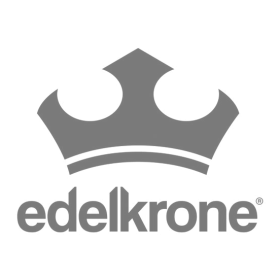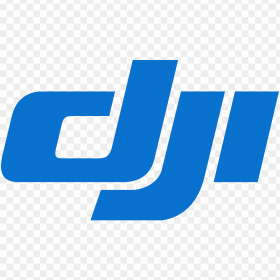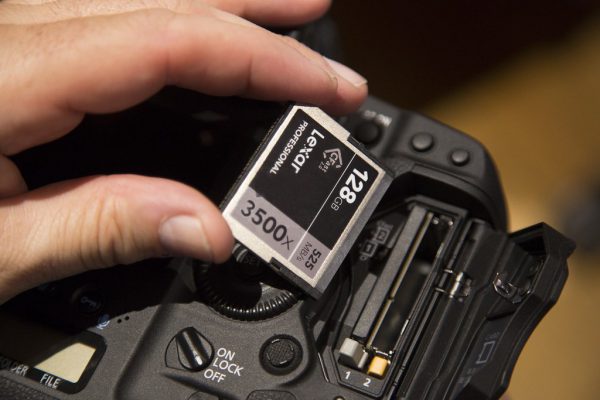
Even though blockchain technology is more secure than a traditional database, it is still susceptible to a security breach. In a public network, a group of participants (or participant) with 51% of the computing power may collude to revise transactions in the network. To mitigate of the risk of a “51% attack,” a How to Invoice as a Freelancer public network may adopt a different consensus algorithm (e.g., proof-of-stake in lieu of proof-of-work).
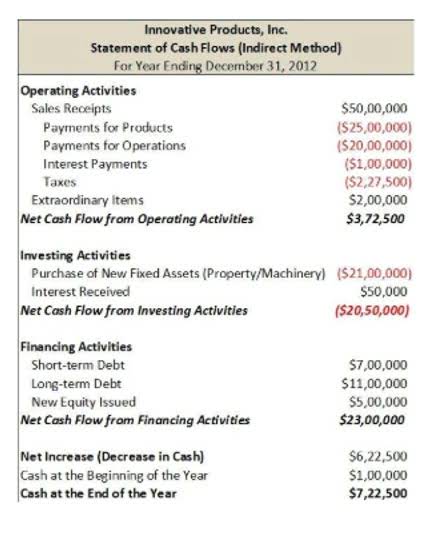
Blockchain Myths Debunked: Separating Fact from Fiction
This facilitates fractional ownership, enhances liquidity, and broadens investment access. Blockchain lowers entry barriers for illiquid assets like real estate or fine art, democratizing investment. Tokenization also streamlines compliance with regulations like the Investment Company Act of 1940 by embedding compliance checks into the tokens.

Author Services
If they donot, they will not be able to test controls included in thetechnology and trace financial transactions recordedusing the blockchain, meaning they would not be able tocorrectly perform most of their work. Blockchain technology is transforming financial auditing by providing a secure and transparent framework for verifying transactions. The immutable nature of blockchain ensures that once a transaction is recorded, it cannot be altered, enhancing the reliability of financial records. Auditors can access real-time data, reducing the time spent on manual verification and enabling more efficient audits.
Communities by professional specialism
- For example, blockchain might make the existence of a debtor certain, but its recoverable value and economic worth are still debateable.
- A smart contract is a code that reflectsthe terms and conditions of a contract between theentity and the supplier and executes itself without anyhuman intervention.
- Limitations of current accounting practices allow forpayments to sometimes be made to fake suppliersor transferred to fake bank accounts.
- Think of a token as a digital version of a vehicle that is used to record and track transactions from the ERP system to the blockchain accounts and ledger; the same process is undertaken for each transaction.
- We explore how blockchain affects accounting and what the future of blockchain and accounting could look like.
All transactions are replicated across the network of users and then stored in each member’s computer system, enabling a distributed ledger—which may be shared across numerous locations, organizations, or countries. The demand for transparency and accountability from stakeholders, including investors, regulators, and customers, drives the adoption of real-time reporting. Regulations like the Sarbanes-Oxley Act mandate stringent internal controls and timely reporting to prevent corporate blockchain in accounting fraud.
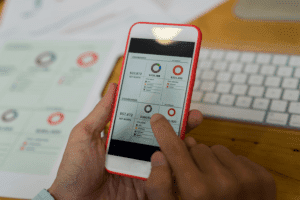
A Primer on General Ledgers and Double-Entry Accounting

The append-only nature of blockchain ensures all parties are held accountable for their actions. When an error is made, the only way to set the record straight is by adding a new entry and attaching it to the original. Centralising data in a distributed ledger (blockchain) streamlines data exchange both securely and effortlessly. This straightforward multi-party encryption allows the appropriate authorities to independently audit the exchange of invoices at any time. VISMA | Yuki and cash flow our team at mintBlue collaborated to develop a means of exchanging complete invoice data in a peer-to-peer and trusted manner. As a network that has no dependence on a single service provider, blockchain ensures the integrity of records.
- After all, data ownership here also implies that the digital signatures used to publish information on the blockchain is connected to the legal identity of the users.
- Many accounting firms seek advanced technologies to streamline tasks, enhance efficiency, and improve accuracy.
- For example, you can send money peer-to-peer (P2P) without having to go through a credit card processor or bank.
- Although auditing will continue to evolve (as it always has), auditing is likely to be around well into the foreseeable future.






